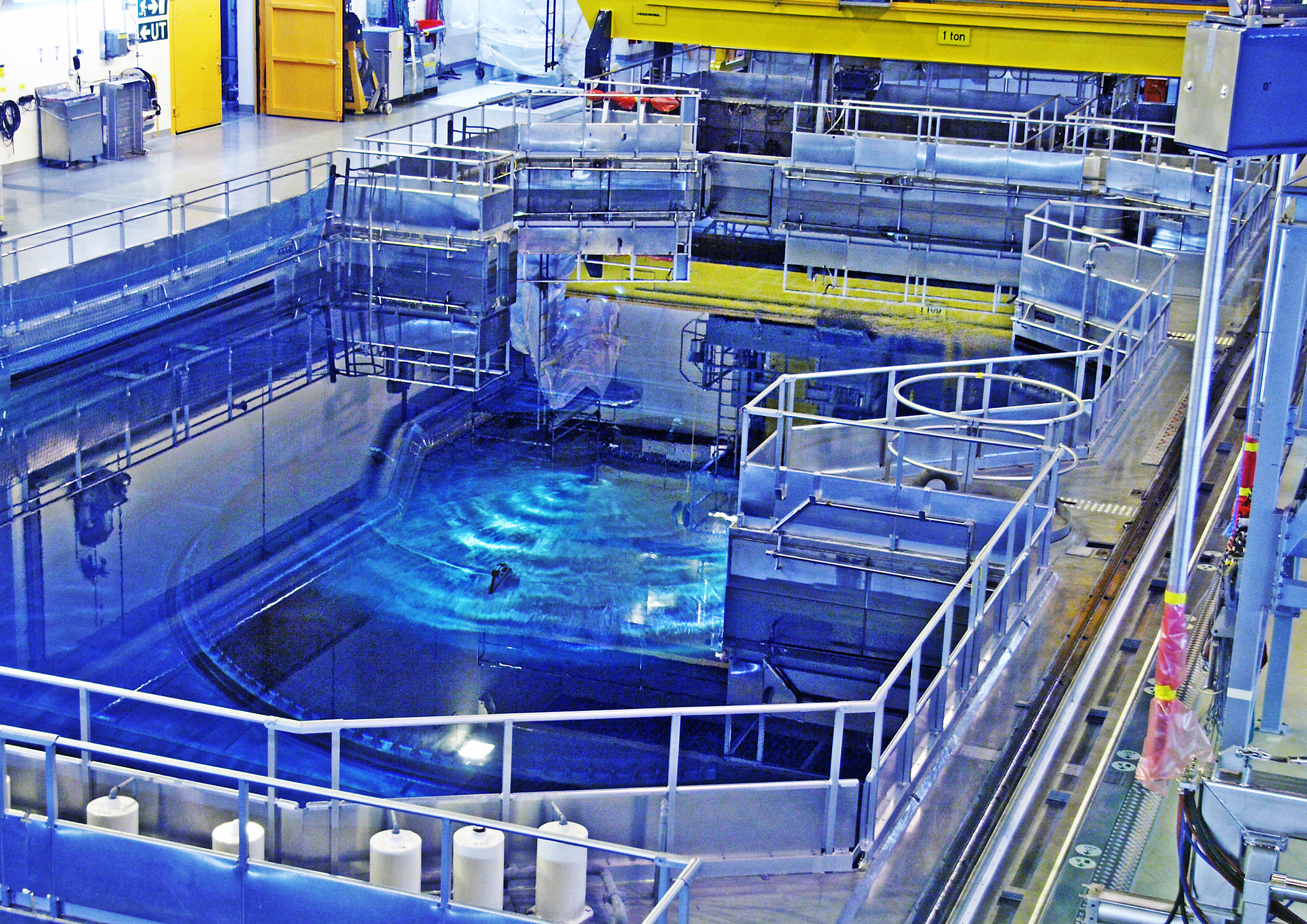Russia’s sudden and unexpected offensive against Ukraine is forcing a dramatic change in energy policy across the globe. Governments are trying to increase crude oil stockpiles and reviewing power supply chains, as well as trying to find ways to mitigate the fallout from rising energy prices that are incensing electorates.
The upheaval threatens to spill into political changes as a number of major industrialized nations, Japan included, face key elections this year. PM Kishida’s administration is trying to forestall popular anger by addressing self-sufficiency in key sectors — semiconductors, rare earths, food, and, of course, energy.
Toward that goal of energy self-sufficiency, the issue of nuclear power is once again front and center. Recent METI meetings with external advisors have ended with calls to increase nuclear power’s role in the energy mix. But METI will have to work hard to mitigate negative public sentiment towards the industry that lingers 11 years on from the Fukushima disaster.
In the midst of the highest inflation in decades, power utilities and METI are making the case for more restarts by arguing that nuclear plants can help to reign in rising electricity rates and avoid CO2 emissions that would be incurred were thermal plants to take their place. The pro-nuclear lobby, however, remains deeply divided on energy security definitions and dimensions.

